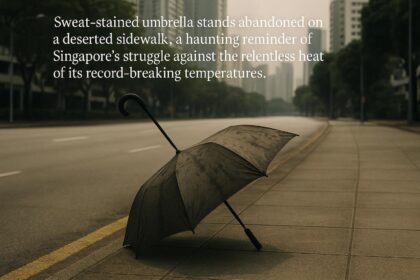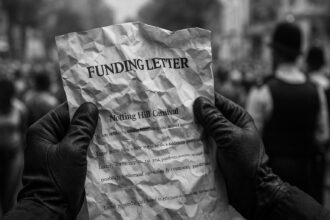Xi Jinping has launched a diplomatic tour to Europe, starting with France, aiming to strengthen ties and discuss various global issues against a backdrop of ongoing tensions over trade and geopolitical stances.
Chinese President Xi Jinping has initiated a tour of three European countries, beginning with a stop in Paris to meet French President Emmanuel Macron and European Commission President Ursula von der Leyen. The talks focused on reinforcing diplomatic relations and addressing global challenges, amidst a backdrop of strained China-EU ties due to trade disputes and differing stances on Russia’s involvement in Ukraine.
During his visit, Xi aims to engage on several critical issues, including European anti-subsidy investigations that affect Chinese exports, particularly in the electric vehicle sector. He also seeks to alleviate diplomatic tensions heightened by China’s perceived support for Russia amid the ongoing Ukrainian conflict. Human rights concerns, particularly regarding Tibet and Xinjiang, are also pressed by advocacy groups.
The Paris meeting, held to bolster China-Europe connections, is part of Xi’s broader agenda encompassing stops in Belgrade, Serbia, and Budapest, Hungary. His visit coincides with the 25th anniversary of the NATO bombing of the Chinese embassy in Serbia, a significant historical context for his itinerary. Both Serbia and Hungary are noted for their receipt of Chinese investment and supportive stance towards Russia.
Despite the discussions and Xi’s push for stronger ties, analysts remain skeptical about any significant shift in China’s policies resulting from the visit. The European Union’s internal divisions over its China strategy could limit its influence in negotiations, despite potential leverage in trade discussions.
President Macron and President von der Leyen echoed the importance of dialogues with China, emphasizing cooperation in tackling the pronounced global ‘turbulence and change.’ The implications of these high-level meetings are poised to influence future international relations and geopolitical dynamics.













